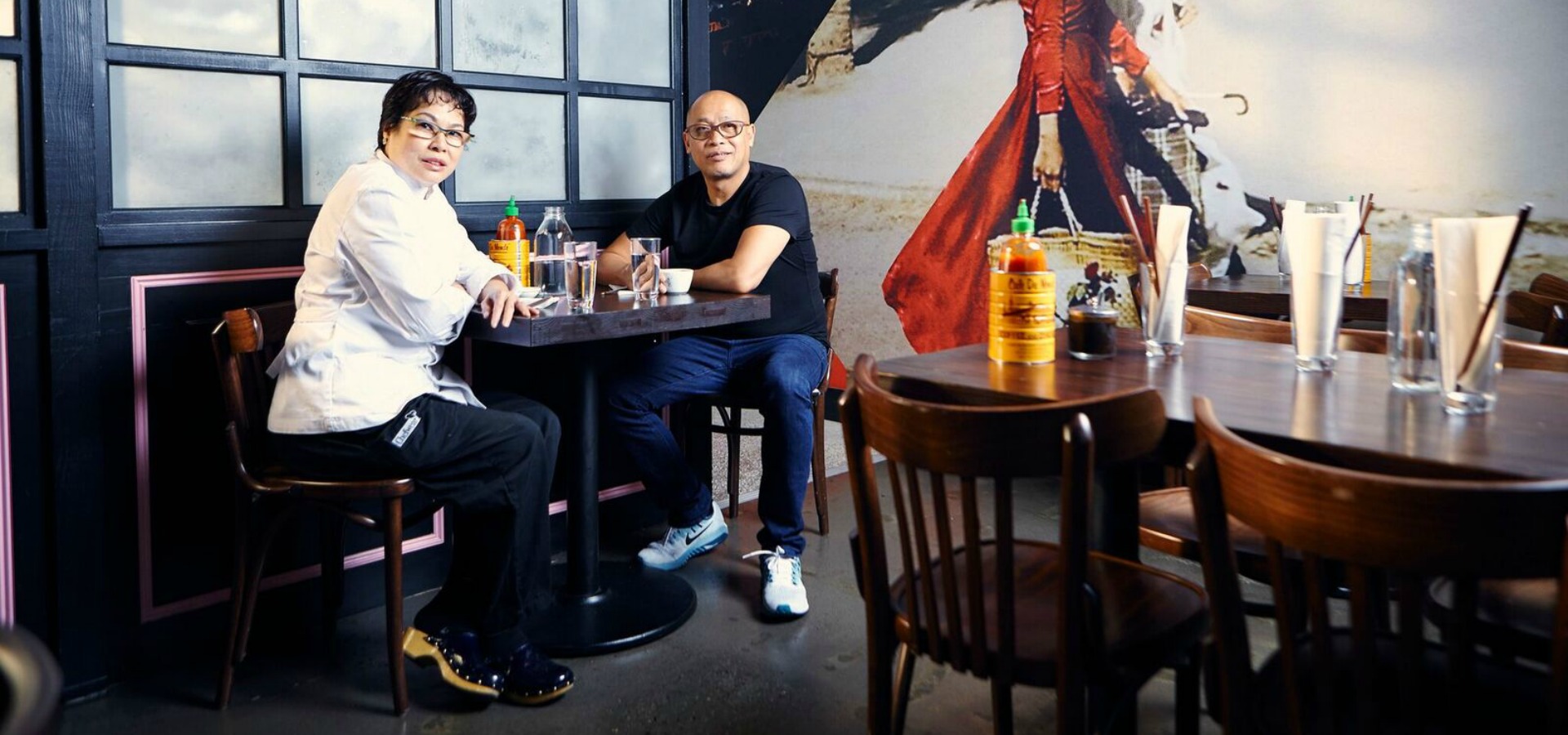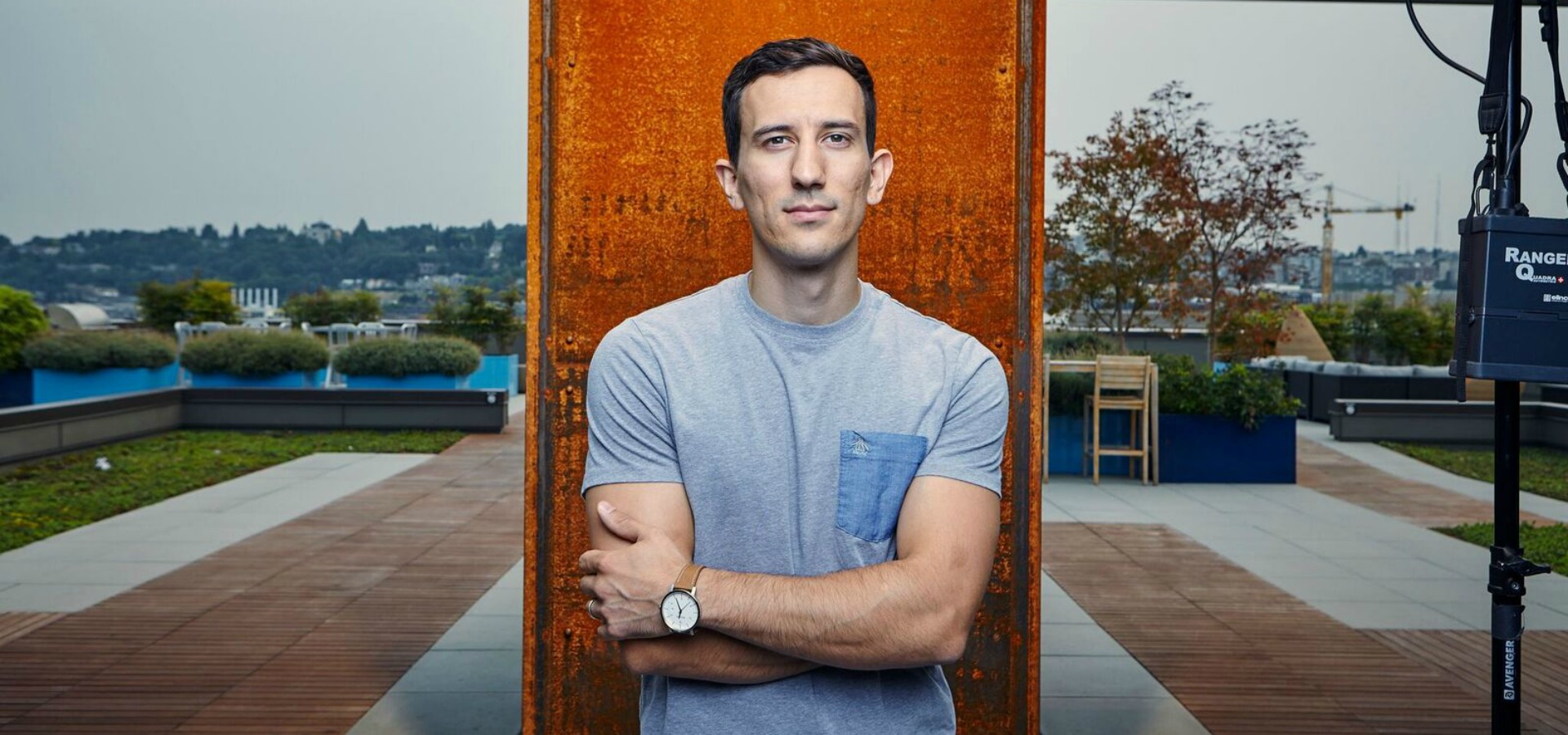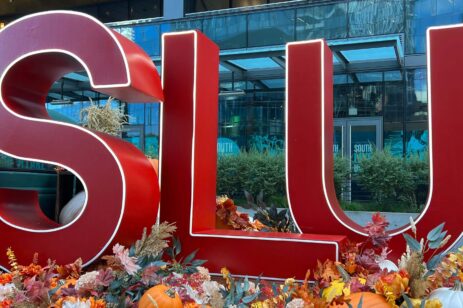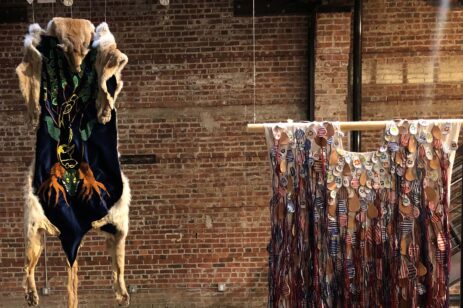Dad’s Place
In bustling South Lake Union, hordes of hungry diners flock to Ba Bar to dive into bowls of pho filled with beef from Painted Hills Farm, crowd-favorite crispy Imperial Rolls, and fresh, herb-laden banh cuon (a type of rice-batter crêpe). The SLU spot is Eric and Sophie Banh’s second, with a third opening recently at University Village. The brother-and-sister restaurateurs are also responsible for two locations of popular Vietnamese restaurant Monsoon and high-end steak house Seven Beef. Forty years ago, none of this seemed possible when their family fled communist-controlled Vietnam. The resiliency instilled in them by their father, Thanh Minh, set them on their current path.
Born in Cambodia to poor Chinese parents, their father immigrated with his family to Vietnam when he was 15 to seek a better life. The senior Banh became a successful self-made businessman, eventually marrying Thi Phung Duong, and raising Sophie, Eric, and their four siblings in Saigon. Life was good.
Everything changed when the Vietnam War ended and the country was thrown into further chaos under the communist regime. The family was forced to flee in 1977—Sophie was 18 and Eric was 13. The Banhs would spend nearly two years at Pulau Bidong, a tiny island-turned-refugee-camp in Malaysia.
“When we escaped, we did not go together as a family,” Sophie says. “Me and one brother were on one boat, and Eric and the rest of the family were on another. We didn’t know if we were ever going to see each other again. We all hoped that maybe we would be reunited someday.”
They found each other on the island by chance and endured harsh conditions together. “There was no food really. Basic necessities were not met. We didn’t get any protein. There were so many people cramped in this small space. It was hell,” Eric says.
The family could not check the boxes for admittance to the United States—their father wasn’t in the military, had no post-secondary education, and had a large family. Luckily, they were welcomed to Edmonton, Alberta, in 1979 under Canadian Prime Minister Pierre Trudeau’s accepting immigration policies of the time.
In another new country, senior Banh had to start from scratch once again. He found a job as a janitor and worked long, grueling hours to support his family. But it was worth it—everyone was safe, and his children had access to good education and health care.
After Sophie and Eric graduated college and moved to Seattle in the 1990s, they were expected to find professions in finance and banking. But their risk-taking, hard-working, self-made father had left an undeniable impression on them. Seattle was lacking in food they liked to eat and—sensing a demand for Vietnamese food that wasn’t pho—they decided to take a risk and opened their first restaurant, Monsoon.
At first, their dad wasn’t impressed, but as Monsoon’s popularity grew, so did his approval. “Thirty years ago, people didn’t really aspire to become a chef. My father brought us to North America to get an education and find jobs as lawyers, doctors, dentists. We risked our lives and gave up everything for a chance to be successful,” Eric says.
Thanh Minh Banh passed away in 2009. Ba Bar, which the siblings opened in 2011, pays homage to their father (Ba is Vietnamese for dad). Eric and Sophie light up when they discuss him. “He loved to eat,” Eric recalls. “Our family functioned around food. It was a form of communication for us. Here, we serve food he loved. This place is for him.”




